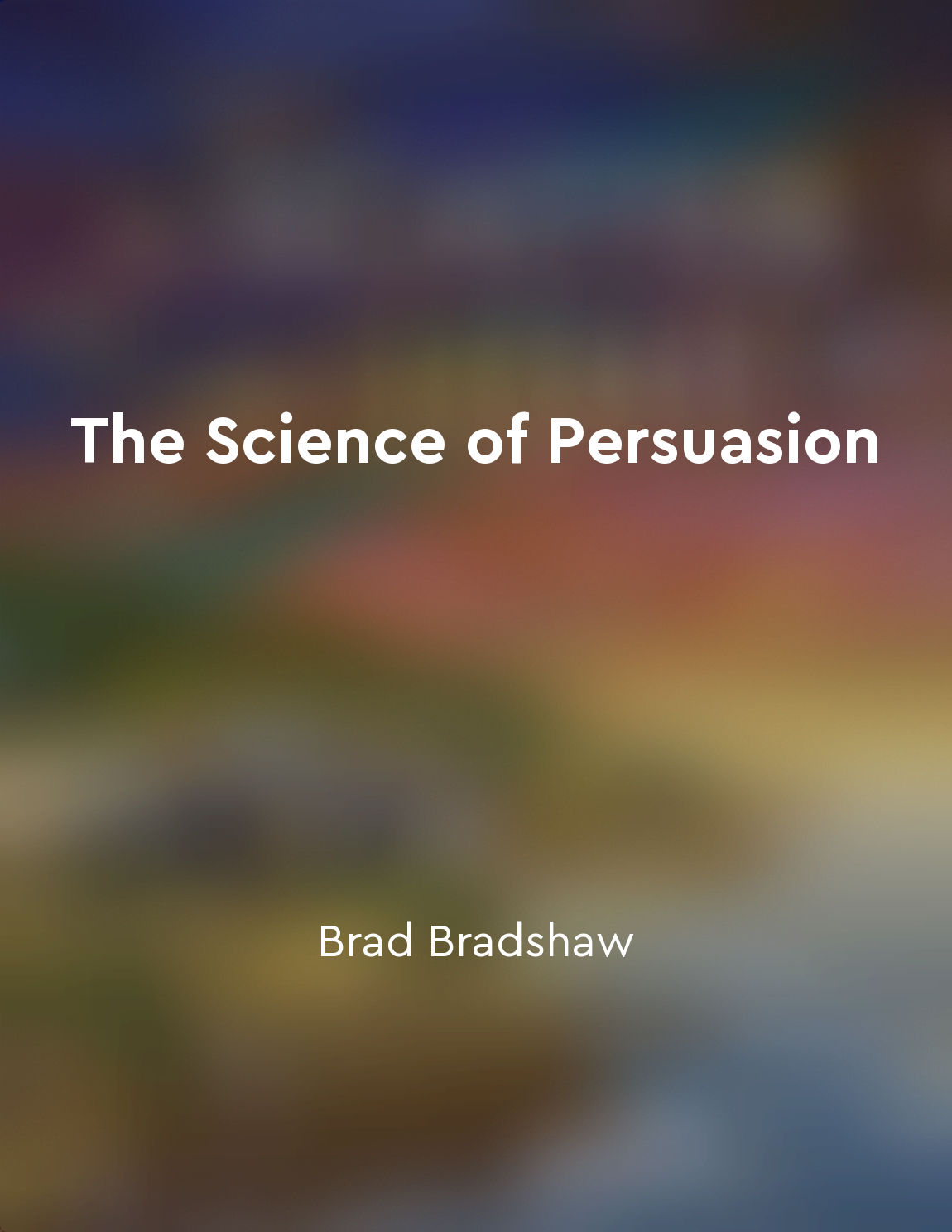The power of defaults in influencing behavior from "summary" of Misbehaving by Richard H Thaler
Defaults are like the path of least resistance - they require no action on our part. They are the pre-selected option that we are presented with, and more often than not, we simply go along with whatever is set as the default. This phenomenon can have a significant impact on our behavior, influencing the choices we make without us even realizing it. Defaults serve as a powerful nudge that pushes us in a particular direction, steering us towards certain decisions over others. In the realm of decision-making, defaults play a crucial role in shaping our preferences and actions. When faced with a choice, we tend to stick with the default option simply because it requires less effort on our part. The default setting acts as a form of inertia, keeping us anchored to a certain course of action unless we actively choose to deviate from it. This inertia can be particularly strong when we are unsure about which option to pick, leading us to opt for the default by default. Furthermore, defaults can also exploit our tendency to procrastinate. When given the choice to make a decision, we may delay taking action indefinitely, allowing the default option to dictate our behavior by default. In this way, defaults have the power to shape our actions not only through our conscious choices but also through our inertia and indecision. By leveraging these psychological tendencies, defaults can subtly influence our behavior and steer us towards certain outcomes. Moreover, the impact of defaults extends beyond individual decisions to larger social and economic systems. For instance, in settings such as retirement savings plans or organ donation programs, the default option can have a profound effect on participation rates. By strategically setting defaults, policymakers can nudge people towards beneficial behaviors without restricting their freedom of choice. This demonstrates the immense power that defaults wield in influencing behavior on a broader scale.- The power of defaults in influencing behavior lies in their ability to shape our decisions through inertia, procrastination, and social norms. By understanding how defaults operate and harnessing their influence, we can design choice architectures that guide people towards better outcomes without resorting to coercion. Defaults serve as a subtle yet potent force that shapes our behavior in ways we may not even be aware of, highlighting the importance of paying attention to the default options presented to us in various decision-making contexts.
Similar Posts
Microeconomics studies individual decisions and how they affect markets
Microeconomics is all about looking at the small picture. It's about zooming in on individual decisions and how they can have a...

Monopoly power can harm consumers
Monopoly power can harm consumers when a firm is able to raise prices above the competitive level because it faces no effective...

Manipulation can happen in various settings
Manipulation is a potent force that can influence individuals in a multitude of settings. It is not confined to just one place ...
Misunderstandings about prices
One of the common misunderstandings about prices is that they are simply arbitrary numbers that businesses decide to charge for...

Authority can enhance persuasion efforts
Authority plays a crucial role in the realm of persuasion. When a person is perceived as an authority figure, their words carry...
Rent control can decrease the supply of housing
Rent control can decrease the supply of housing in several ways. When the government imposes rent control, it puts a ceiling on...

Rent control leads to housing shortages
Rent control is a well-intentioned policy aimed at helping low-income individuals afford housing. However, the unintended conse...
Anchoring can skew decisionmaking
The concept of anchoring refers to the tendency for individuals to rely too heavily on the first piece of information they rece...

Consistency fosters trust
A key principle that plays a significant role in shaping human behavior is the idea that consistency fosters trust. When indivi...
Consumer surplus measures consumer benefit
Consumer surplus is a concept that reflects the benefit consumers receive from purchasing a product or service. It represents t...

